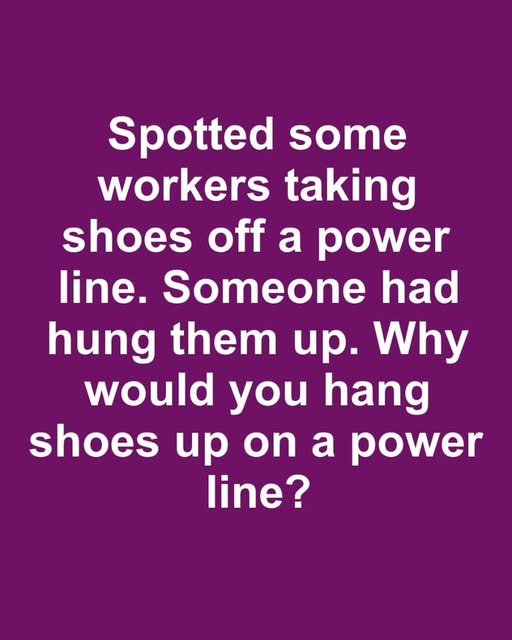The sight of shoes dangling from power lines is a familiar—but puzzling—scene in many neighborhoods. While it may seem random or mischievous, this practice carries a mix of cultural, social, and symbolic meanings. From art forms to local legends, the reasons for tossing shoes onto wires are surprisingly varied.
Historically, the origins are unclear. Some suggest soldiers tossed boots to mark the end of their service, while others link it to street gangs marking territory. Over time, urban myths and local customs added layers of meaning, turning a simple act into a mysterious urban symbol. Shoes can signify rites of passage, memorials, or personal milestones, representing transitions and the act of moving on from the past.
Modern theories also include teenage pranks, celebrations like graduations, or even artistic expression. However, some myths suggest shoes indicate gang activity or drug locations, though evidence is mostly anecdotal. Despite the intrigue, authorities caution that hanging shoes on power lines is dangerous. The weight can damage electrical wires, trigger outages, and create hazards for utility workers. Cities often remove shoes promptly to prevent accidents and ensure safety.
Ultimately, shoes on power lines reveal more than just a quirky habit—they reflect community culture, personal expression, and urban storytelling. Whether viewed as playful mischief, artistic statements, or symbols with deeper meaning, the practice captures human creativity and social behavior in urban spaces. Understanding the phenomenon encourages curiosity while highlighting the importance of safety and respect for public property.



